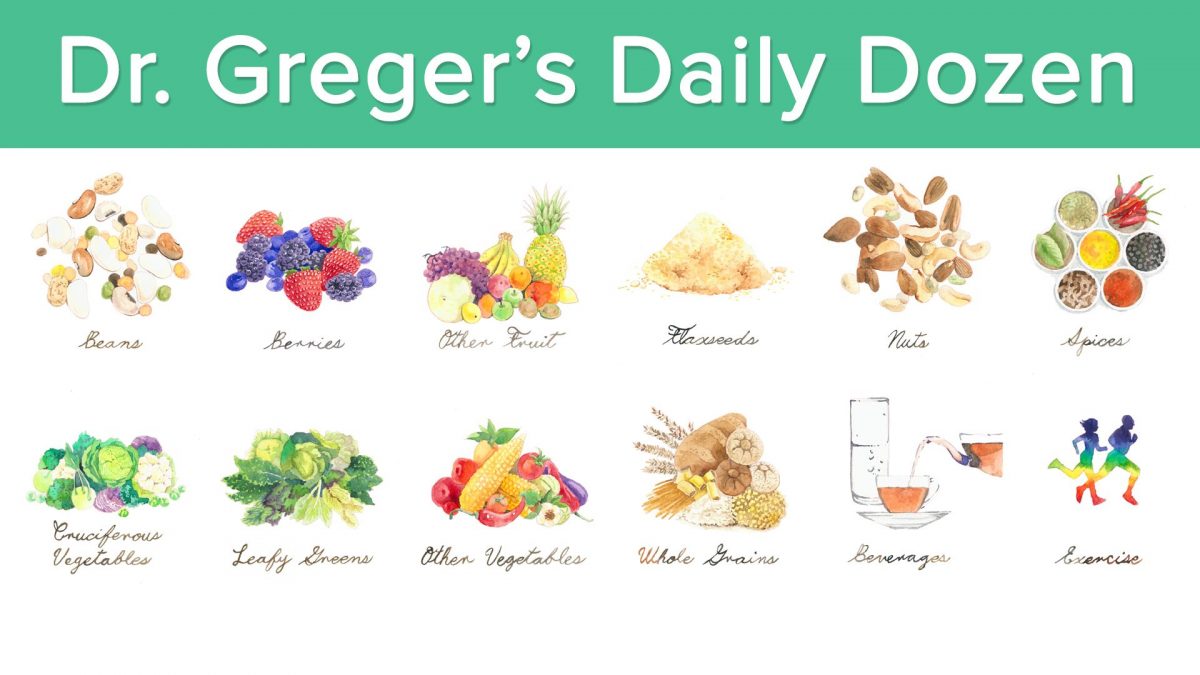These are the non-vegan foods that I still eat:
- Cheese
- Products with dairy or egg ingredients such as non-vegan baked goods
The latter is easy for me to give up. Vegan cookies are delicious. Logistics can come into play though (traveling, hungry, low on options). That's usually the issue. I'm working on being better prepared and avoiding that situation.
Cheese is addictive. I struggle with it because of the taste and its convenient nutritional value. I'm not a fan of fake meat and fake cheese. I want to swap it out for vegan foods with similar nutritional value (peanut sauce? peanut butter?).
I want to make sure I'm getting enough B vitamins, iron, and calcium. Last time I tried going completely vegan, I felt weak and low on nutrients after a few weeks. It wasn't the best time to be doing it, though. I guess that this time, if I feel that way, I should ask my doctor to run tests to find out what nutrient I might be lacking. And find healthy vegan ways to correct that.
I'm interested to hear from people who went from the "just cheese and cookies" type of vegetarian to full vegan. Have you felt better since? How much?
Positive stories would be great, and would help with motivation. I know cheese is scary, as is the dairy industry. I don't really want to be eating that stuff. I just need to get there.
- Cheese
- Products with dairy or egg ingredients such as non-vegan baked goods
The latter is easy for me to give up. Vegan cookies are delicious. Logistics can come into play though (traveling, hungry, low on options). That's usually the issue. I'm working on being better prepared and avoiding that situation.
Cheese is addictive. I struggle with it because of the taste and its convenient nutritional value. I'm not a fan of fake meat and fake cheese. I want to swap it out for vegan foods with similar nutritional value (peanut sauce? peanut butter?).
I want to make sure I'm getting enough B vitamins, iron, and calcium. Last time I tried going completely vegan, I felt weak and low on nutrients after a few weeks. It wasn't the best time to be doing it, though. I guess that this time, if I feel that way, I should ask my doctor to run tests to find out what nutrient I might be lacking. And find healthy vegan ways to correct that.
I'm interested to hear from people who went from the "just cheese and cookies" type of vegetarian to full vegan. Have you felt better since? How much?
Positive stories would be great, and would help with motivation. I know cheese is scary, as is the dairy industry. I don't really want to be eating that stuff. I just need to get there.


 . I made a Quorn chik'n sandwich with vegan mozz and it was thoroughly disappointing
. I made a Quorn chik'n sandwich with vegan mozz and it was thoroughly disappointing  )
)